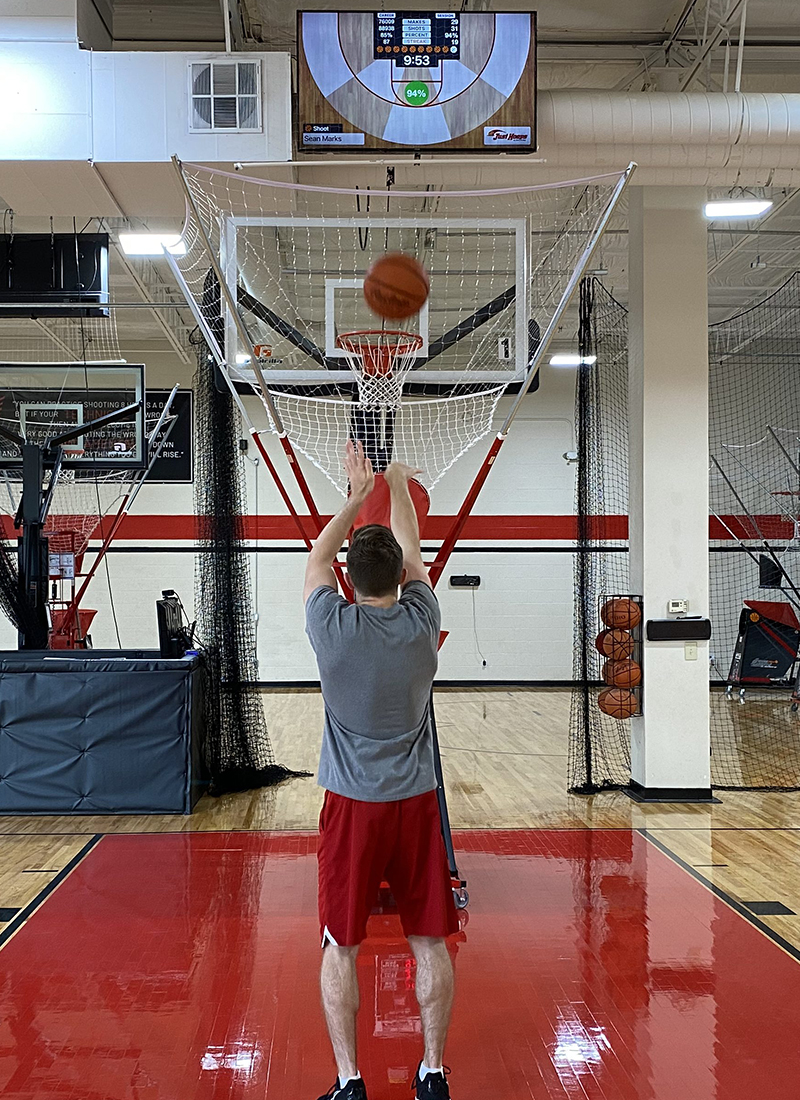This series will give you an inside look into the college recruiting process from the coaching staffs prospective. Understanding what college coaches are asking themselves, looking for & discussing in recruiting meetings will help your communication lines as the recruiting process unfolds. Part 1 will break down the types of questions college coaches ask themselves while evaluating players on the court.
Legendary University of North Carolina Head Coach, Dean Smith, was famous for saying: “I would never recruit a player who yells at his teammates, disrespected his high school coach, or scores 33 points a game and his team goes 10-10.” There are so many pieces of the puzzle that play a role in the evaluation process. Every factor within a player’s evaluation contributes to a bigger picture which can then contribute to a decision. While we are enamored by talent, we need to consider that when we talk about championship teams, we rarely talk about talent. We talk about character, substance, toughness and drive. There are enough talented players to go around. The key is finding the right talented players.
College Coaches separate themselves by having an ability to predict & dictate the future. It is important to keep in mind during the evaluation process that players change. Their games change, bodies change, and they change the minute they get into a new environment. What they see now is not exactly what you will have in 1,2, 3 or 4 years.
–Two great indicators of a prospect:

- Does he/she produce in high school?
- Does he/she improve in high school?
- The ability to produce and the ability to improve are two things that typically translate to the next level.
–Are you able to say the statement: “he/she comes to play every single night?”
–Evaluating a player under game pressure:
- How much does the magnitude of the situation change them?
–The most underrated quality a player can have is versatility:
- Can he/she guard multiple positions?
- Can he/she play multiple spots in the offense?
- Can he/she play in any style of game?
- Can he/she play with any other 4 players on the floor and function?
–Perception is often reality. Coaches read into:
- Body language
- Behavior in huddles
- Communication with teammates
- Treatment towards officials
- Rapport with coaches/staff
–Coaches never want to bring in a player that they need to make excuses for or need to root for.
–Focus on what a player can do vs what they can’t do. If they are bringing a lot of positives to the table, chances are, that will outweigh the negatives.
–Evaluating a players flaws:
- Are they flaws that can be improved?
- More importantly, does he/she have the desire to improve them?
*Attached is an evaluation card used by a Division I coaching staff at VCU while they were evaluating a prospect. College coaches are charting game statistics to track production but more importantly they are evaluating and ranking intangibles such as: competitiveness, loves to play, unselfish, toughness & motor. Ultimately, they have to ask themselves: “can this athlete help us move our program forward while enhancing our culture?”



